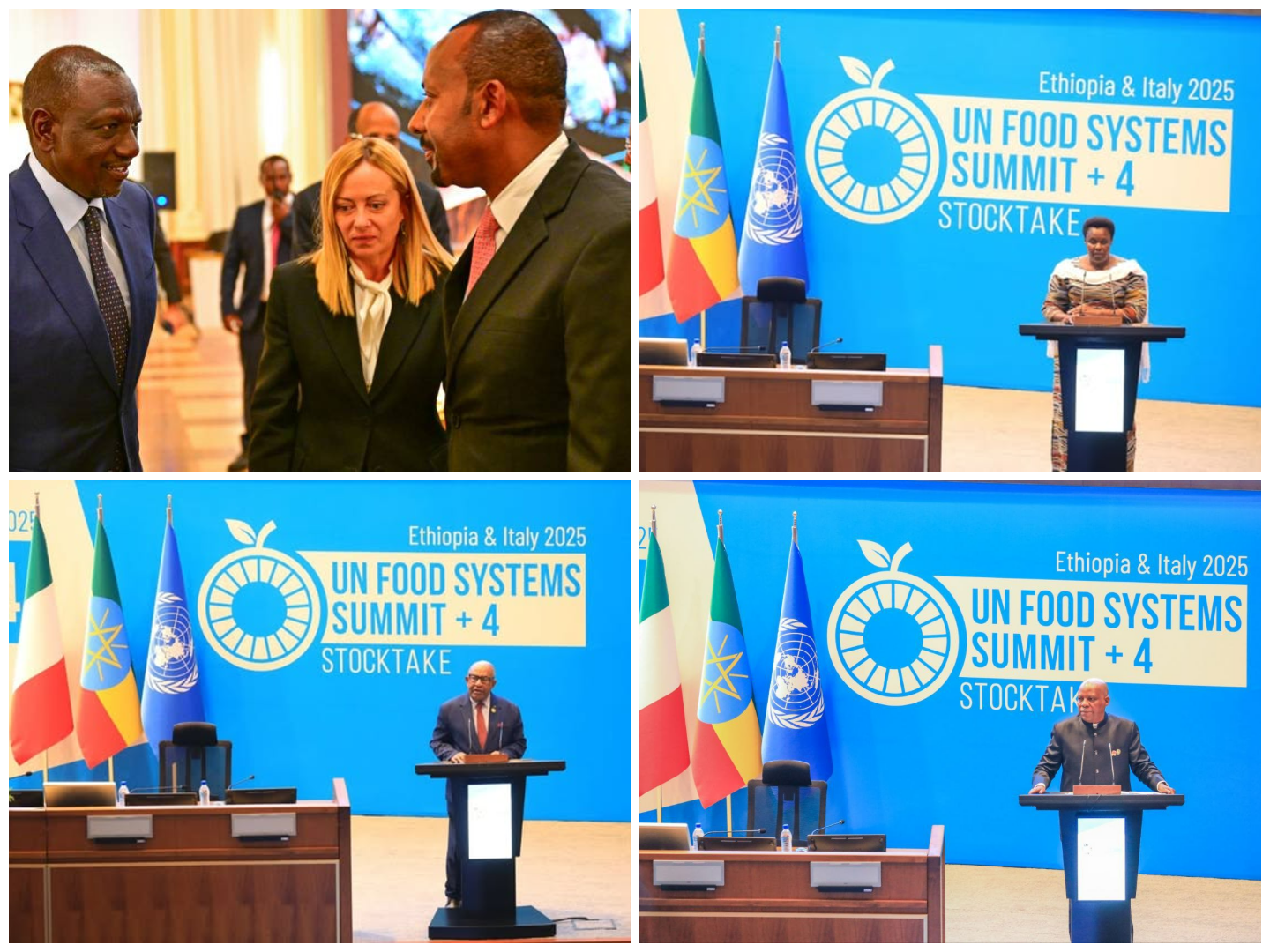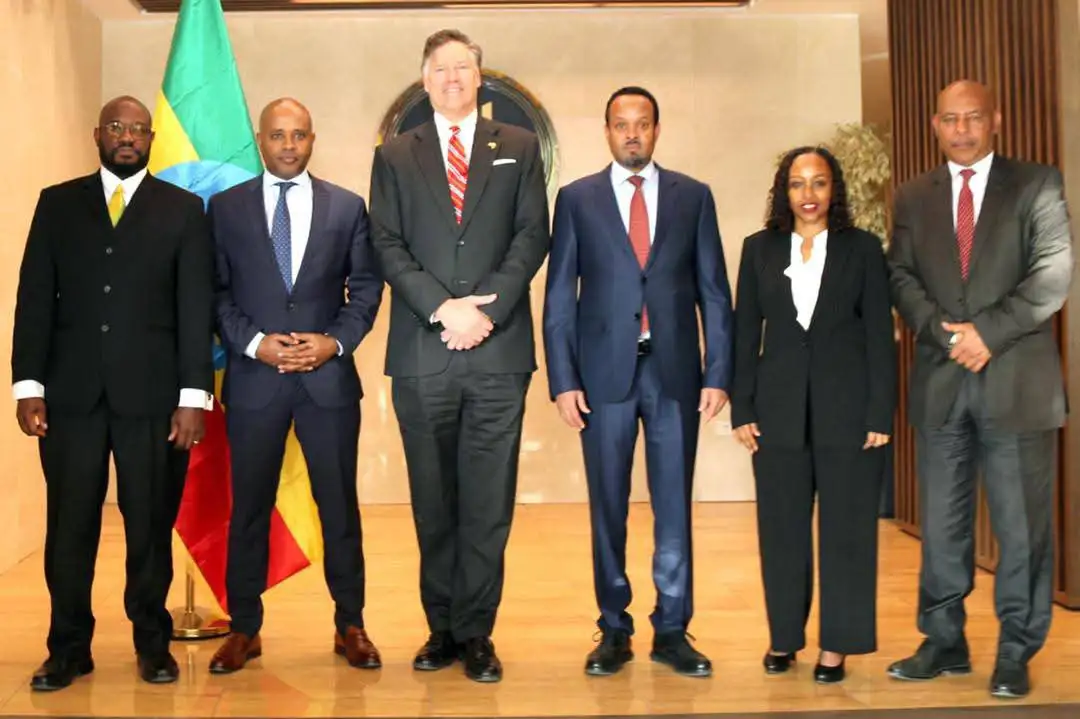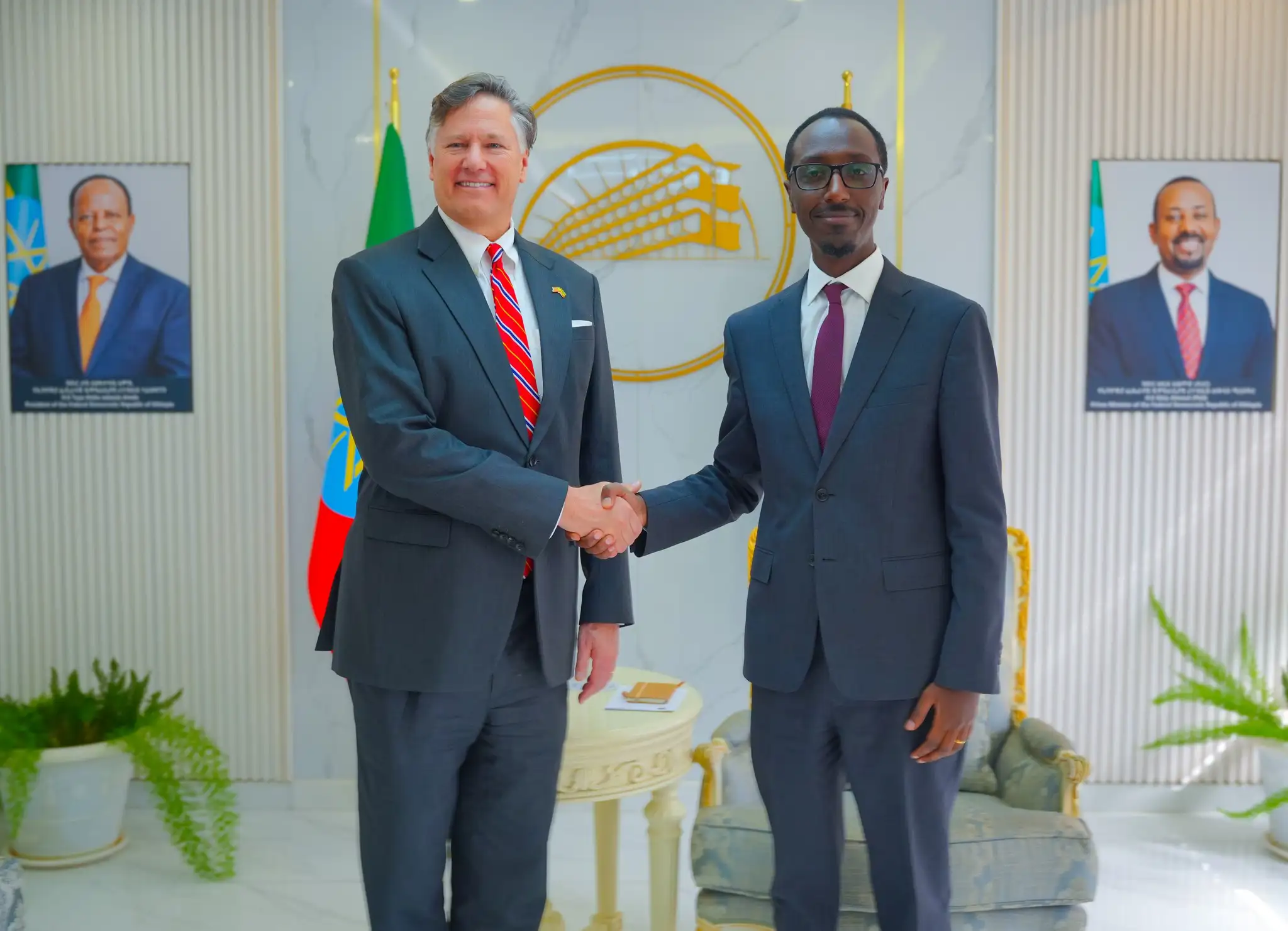African leaders at the 2nd UN Food Systems Summit in Addis Ababa are pushing for immediate action, stronger international cooperation, and the utilization of Africa's vast resources to combat global food insecurity. The summit, co-organized by Ethiopia, Italy, and the UN, is currently being held at the UN Economic Commission for Africa.
The event features high-level attendees, including Ethiopian Prime Minister Abiy Ahmed, Italian Prime Minister Giorgia Meloni, and several African heads of state.
Key Calls from Leaders
Comoros President Azali Assoumani urged Africa to harness its "immense, untapped natural resources and uncultivated land." He stressed the urgent need to modernize food systems, achieve zero hunger, and prioritize climate change prevention, agricultural modernization, and inclusive economic growth. Comoros aims to achieve a comprehensive agricultural model by 2030, investing in animal health, soil fertility, and agricultural subsidies.
Ugandan Vice President Jessica Alupo emphasized moving "from discussion to action." She highlighted food system transformation as essential for sustainable development and economic empowerment, showcasing Uganda's robust approach through its national food system framework and a multi-sectoral school feeding program. She also noted the summit's role in fostering new financing and indigenous solutions.
Kenyan President William Ruto detailed Kenya's efforts in food production and distribution, driven by education, research, technology, and AI. He mentioned initiatives in health, particularly for women and children, and Kenya's multi-million dollar "green footprint" initiative to boost agricultural productivity and combat climate change.
Nigerian Vice President Kashim Shettima stressed the importance of inclusive economic growth for sustainable food systems. He called for practical actions and joint efforts in job creation, investment, and capacity building. Shettima underscored the need to strengthen African financial institutions and highlighted Nigeria's success in achieving food security through national reforms.
The consensus among leaders is a unified commitment to tackle food insecurity through collaboration, practical implementation, and leveraging Africa's potential for a more food-secure future.




